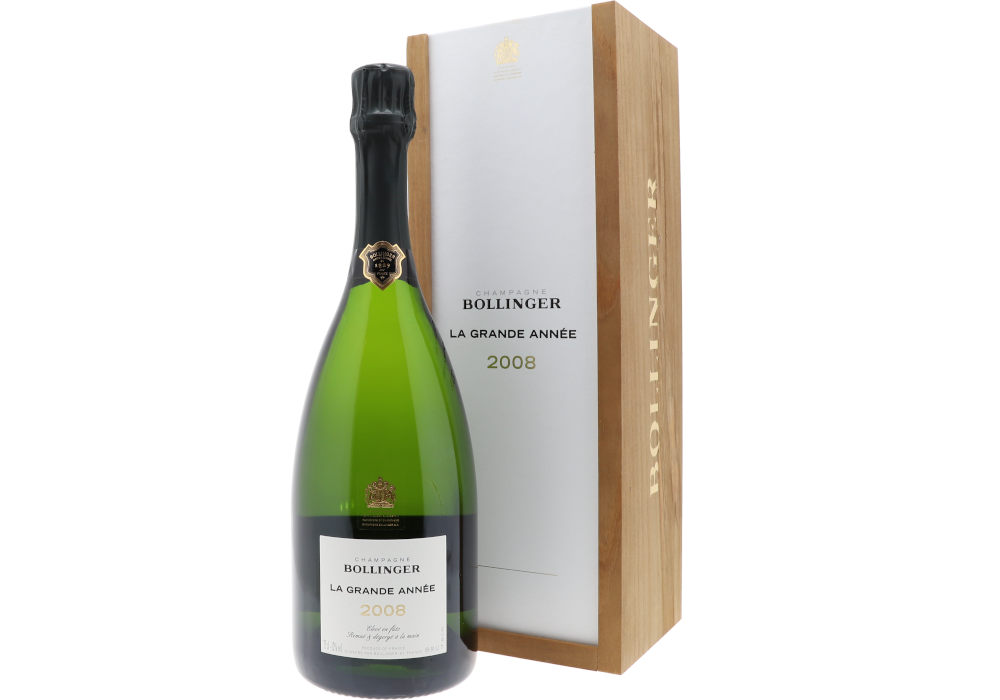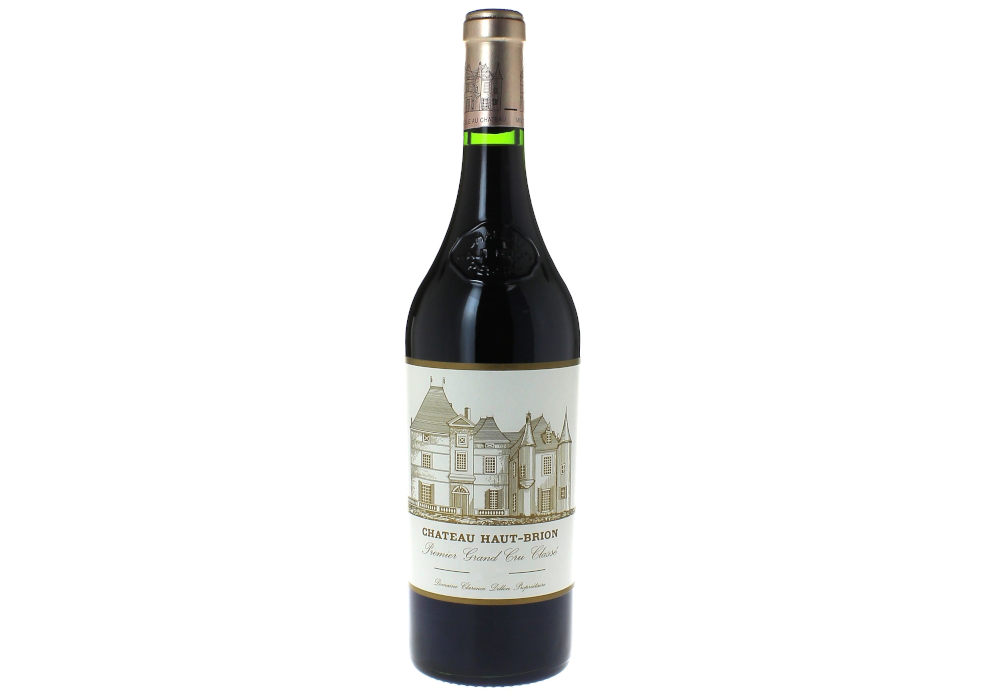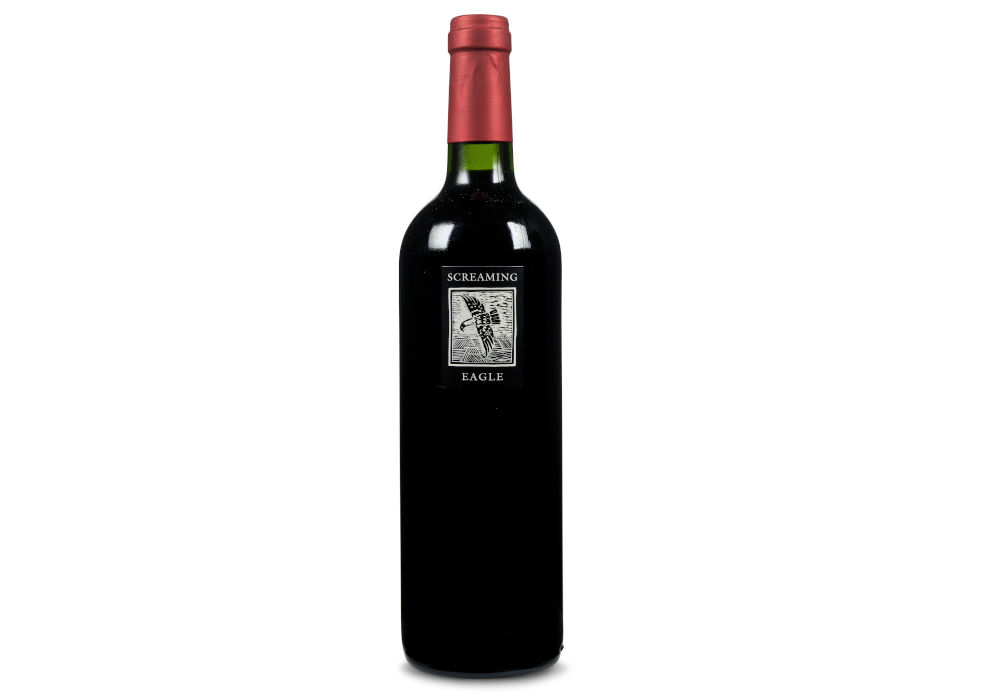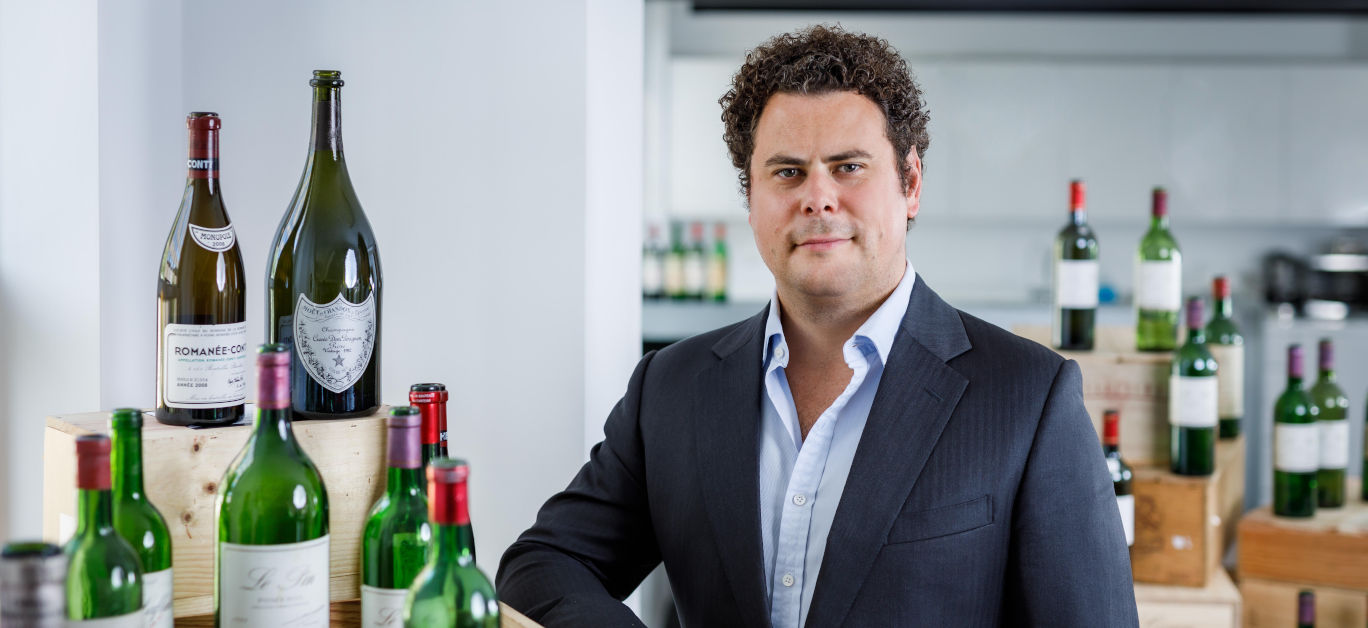Matthew O’Connell once read Classics at St. John’s College, Cambridge, now he reads the wine and spirits markets in his role as a wine spad, or special advisor.
After twelve years working for Goldman Sachs’ Investment Banking Division across a number of roles, he joined Bordeaux Index in 2018 and, as its director, has helped establish it as a leading global merchant for fine wine collectors, investors and traders. Wine has become a hard asset.
O’Connell knows when champagne is volatile and Bordeaux is bullish and realises that, in general, investment wines have been very lucrative and more liquid than ever in the past six months. Bordeaux Index has just recorded a yearly 47%, $174m sales growth and a 30% increase in its client base.
He elaborates: “Wine outperforms equities on a total return basis on any long-running analysis, registering compound growth of c.10% per annum. Because of the underlying supply and demand imbalance in the asset class – there’s a limited volume of fine wine made and over time the volume of any vintages decreases as it’s consumed at the same time improving and becoming more desirable – capital preservation is strong. It’s very difficult to find an extended period where fine wine has not delivered positive returns.”
The wine market is up by over 15%, fuelled in particular by a surge in spending on the part of high-net-worth individuals. O’Connell predicts blue-chip labels and regions will see greater growth. Champagne is a savvy investment with Krug enjoying 41% price growth. Champagne, he thinks, will outpace Bordeaux which will trend to young Bordeaux doing well against their elders. Super Tuscans will slow.
Buyers in Asia and the US are backing blue-chip Burgundy with renewed vigour, leading to record trading prices for a number of labels in 2021, including La Tâche in Vosné-Romanée.

“Burgundy prices could compete for the highest market gains in 2022 given how focused high net worth demand is, Tignanello has been a recent standout performer,” he says.
“The pandemic has led to greater spending power among the high net worth and ultra-high net worth categories. This in itself is significant in relation to a luxury commodity, but when coupled with an environment of artificially low interest rates and a perceived risk of high inflation, it is unsurprising that wine is seeing itself benefit from a focus on hard assets.”
Rare whiskies remain the top performers over the past ten years with its value increasing nearly 500% over the decade, compared to wine’s 119%. Paintings and vintage cars van be risky and much harder to sell.
“Bordeaux and Champagne are currently particularly strongly performing regions. With wines such as 2015 Haut Brion and 2008 Bollinger La Grande Annee. Dom Perignon has seen a resurgence, benefitting from increased Asian demand for Champagne investment and also a broad global hospitality re-opening. The US has been a difficult segment for investors lately. However, the classic label, Screaming Eagle, has started to see gains from this weaker period,” said O’Connell.
Bordeaux Index was founded by Gary Boom, Richard Mannell and the late Dylan Paris in 1997. South African Boom and Andrew Davis created the wine market’s first two-way (buy/sell) trading screen for Bordeaux’s 2000 vintage. This was the forerunner of LiveTrade.
When in 1993, a prized case of Château Petrus was left out in the pouring rain following a failed delivery, Boom vowed to ensure that streamlined professional service would be at the heart of a new company which would demystify the fine wine industry, educating consumers through transparent prices.
The strong growth in volumes on the LiveTrade online platform comes as the company prepares for the launch of a new, expanded version of the platform this year, when users from across the wine market will be able to trade the full spectrum of fine wines rather than the core set which LiveTrade has focused on to date.
“Looking ahead to 2022, there is certainly room for an optimistic outlook, with the global pool of wine collectors on a different scale to a decade ago, and also investors increasingly looking towards hard assets such as wine which deliver consistently strong performance, capital preservation and protection against inflation.
“Building on the tremendous growth last year, we have invested in new technology to improve our LiveTrade platform, which we firmly believe will continue to transform the way fine wine is bought and sold globally.”

Boom’s vision was to completely shake up the wine trade, improve its efficiency and ultimately improve the experience of the consumer by bringing technology and trading concepts from his former life at ICAP into the wine market.
With its headquarters in Hatton Garden, Bordeaux Index is now one of the largest sellers of fine wine in the world.
LiveTrade is a unique two-way online trading platform that grants all participants in the fine wine market access to top wines with both a bid and an offer price 24 hours a day, seven days a week. LiveTrade combines transparent pricing with guaranteed market liquidity and no fees.
Continues O’Connell: “Japanese whisky has slightly outperformed Scottish whisky over the last couple of years and we expect this balance to tilt slightly in favour of the latter. As ever, blue chip names such as Macallan, Glenfarclas and Bowmore are good bets; below that level it is important to ensure good distillery trajectories – two interesting names with good momentum are Bladnoch and Glenturret.”
Recent research by the BWI has revealed that 73% of wine-loving Brits have spent more on fine wine since the start of the pandemic. With 29% believing they have become connoisseurs. Wine and spirits sales have shot up 44% YoY at a value $82m. LiveTrade, has seen volumes rise by 52%.
Says O’Connell: “The pandemic has significantly changed our approach to the way we consume fine wine, and the increasing desire to aspire to drink better at home. Wine is a great investment option, and we are seeing more and more investors enter the space. Over the long term, fine wine outperforms equities and also performs well during periods of rising inflation which may be very relevant in the coming year or two.”
Recent analysis by investment consultancy firm Knight Frank reveals that wines from Bordeaux outperformed luxury watches by the likes of Rolex and Cartier and Hermes Birkin handbags during the twelve months to June 2021. There is a marked upward trend in fine wine investment and bespoke cellar management, with the average price of investment grade wines rising by 13%.

Labels from Italy and the US are slowly but surely taking larger shares of trade by volume and value.
“Traditionally, in the wine space, clients who want to sell wine will offer it through a merchant via broking – the merchant adds it to their wine list in exchange for a fixed fee on sale. The success of the sale depends on various factors but, in particular, if the merchant does not have good global distribution the wine can sit on the list for some time before being purchased.
“LiveTrade has already significantly disrupted the market on this front as on the most actively traded 500 wines in the market it has on-going firm bids – using over £10m of capital for ‘market making’, usually at tighter bid-offer spreads than the fixed broking % used by other merchants. Given that the wine can be sold from within the merchant’s storage or independent professional storage, there’s no impediment to wine sellers instantly selling their wine on LiveTrade.”
One key benefit of the Bordeaux Index business from an investment perspective is that it caters for collectors and investors across the value spectrum. It recently launched the Merchant’s Collection to provide high quality region-exemplar wines at affordable prices, managing on a discretionary basis single wine and spirits portfolios as small as £5,000. Wines available include Sancerre Chatellenie, Aix Rose and Jose Zuccardi.
Not everyone can or wants to buy £75,000 magnums of Domaine Conti 2002 or £100K a bottle Macallan 72-year-old Lalique.
According to the professionals, access to the full universe of investment grade wines would require at least £25,000. For other wines, Bordeaux Index still has a traditional broking system, albeit with the advantage that, as the world’s largest seller of fine wine with a significant presence in Europe, Asia and US, superior distribution means that the Index can sell their clients’ wines faster.
Adds O’Connell: “Under our expanded LiveTrade platform which launches in early 2022, we will further disrupt the space by allowing full trading functionality – leave orders and watchlists, on all wines and also spirits, from any UK or European storage. This will allow customers a superior selling interface but also not be beholden to selling wine through the merchant they store with or having to transfer their wine before selling.”






















